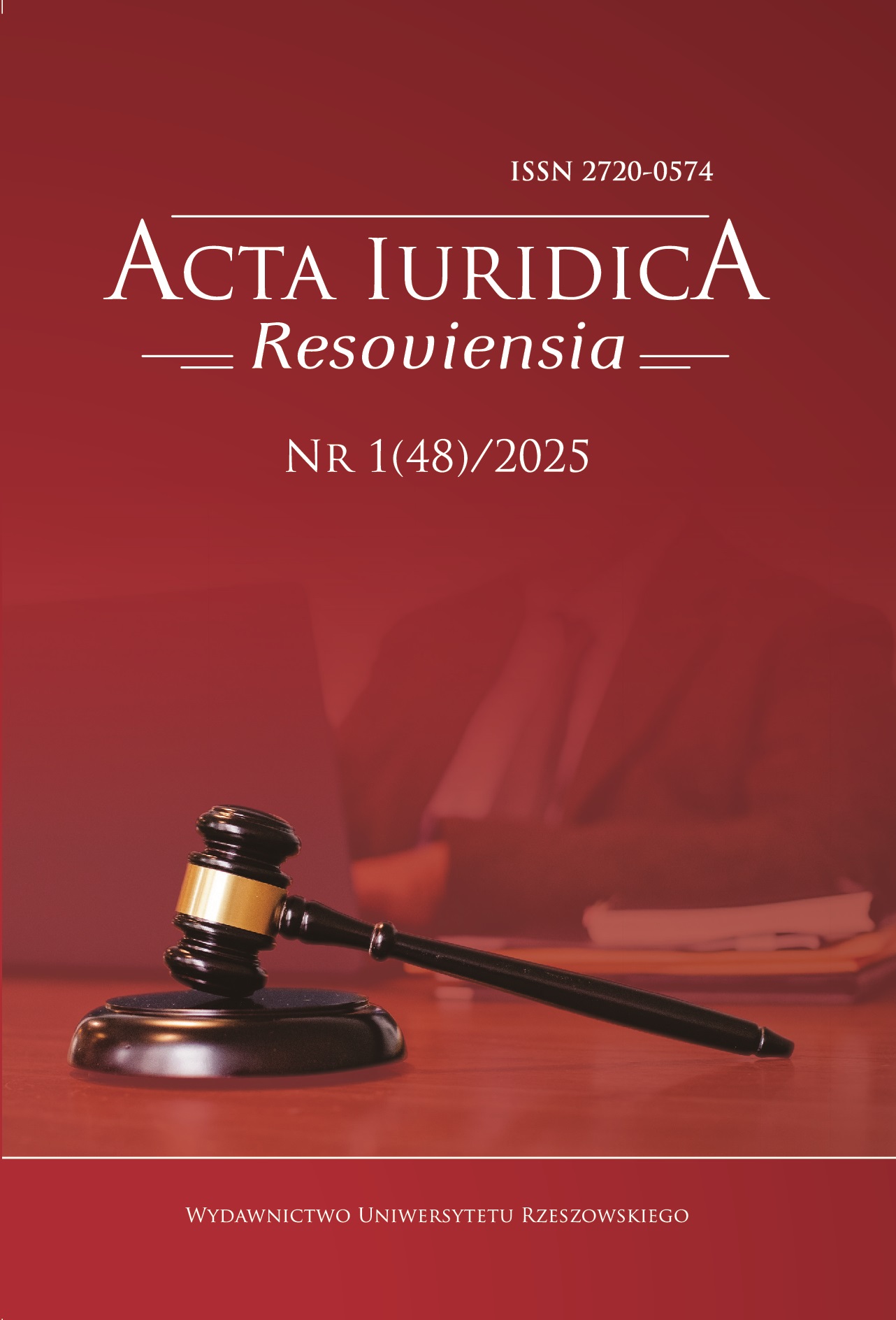Tax measures in service of humankind – tangible methods for preventing excessive congestion of low earth orbit and the occurrence of Kessler syndrome
DOI:
https://doi.org/10.15584/actaires.2025.1.6Keywords:
taxation, international space law, orbit congestion, space debris, long-term sustainability of outer space activitiesAbstract
In 2025 over 36,400 cataloged objects and more than 130 million accumulated space debris orbit Earth in LEO. Number of objects launched to LEO is steadily increasing, with over million scheduled to launch in the future that are to operate in more than 300 mega constellations. Unregulated usage of these capabilities could diminish established achievements of movements towards sustainable use of Outer Space, LEO in particular. The paper will analyze implementation of additional tax measures on launches to LEO, by outlining what types of tax measures could provide the most feasible method to reduce number of satellites in LEO. Accordingly, a possibility of provision of tax incentives on operations with established scientific goals and possibility to incentivize orbit retrieval rates will be considered. Finally, paper will analyze how introduced tax measures would contribute to sustainable usage and development of LEO.
Downloads
Downloads
Published
How to Cite
Issue
Section
License
Copyright (c) 2025 Acta Iuridica Resoviensia (formelry: The Scientific Journal of the University of Rzeszow, Law Series)

This work is licensed under a Creative Commons Attribution-NonCommercial-NoDerivatives 4.0 International License.

